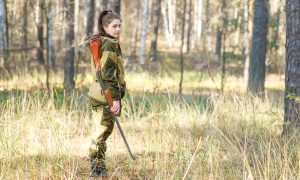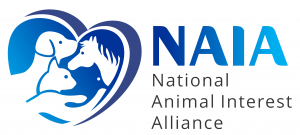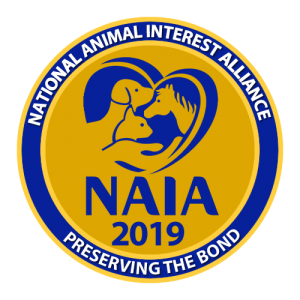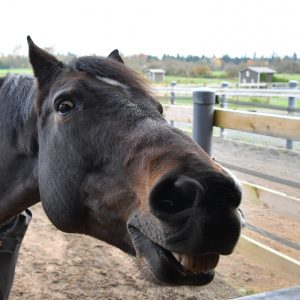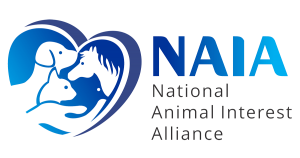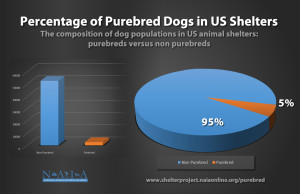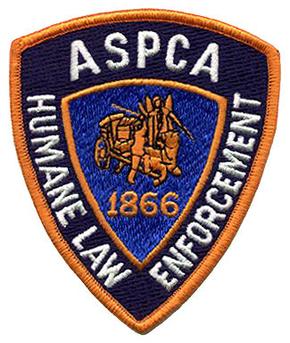 Animal Sports & Hobbies
Animal Sports & Hobbies  No Comments
No Comments Generations Change, Traditions Remain
The snippet below is from a fascinating, well-written article that focuses on a millennial couple who have taken on the tradition of hunting – with their own spin:
The number of hunters in the United States has been in a slow fall since 1982, when 16.7 million people had paid hunting licenses. By 2010, that had dropped to 14.4 million, according to United States Fish & Wildlife Service records.
In the past few years, the figure has begun to climb, to 15.6 million in 2018. Still, only about 5 percent of Americans 16 or older hunt, half of the number who did 50 years ago. Supporters of the sport worry about what might happen if their beloved culture fades away.
Hope, they say, might lie with a health-conscious, outdoors-loving slice of the millennial generation who were raised on grass-fed beef and nose-to-tail eating, but didn’t grow up in hunting families, where taking game is about both tradition and filling the freezer.
The difference between 16.7 and 15.6 million in and of itself may not sound like much. But once you consider that there are now 100 million more people in the United States today than in 1982 and the precipitous decline of young people involved in hunting, the decline become more dramatic.
This is why, to us, the growing interest in wild game in the 20-39 demographic is so important and exciting. There are plenty of mocking “Millennials are killing” jokes circulating about the New York Times article, but we think this is great (hunters and anglers form the backbone of wildlife conservation, after all). If we’ve already got teenage dock diving proselytizers and hipster birdwatchers, millennial hunters can’t be a surprise to anybody. While the focus and aesthetics of a tradition may change with the participation of new groups or different generations, this is also what keeps those traditions vital… and alive!
